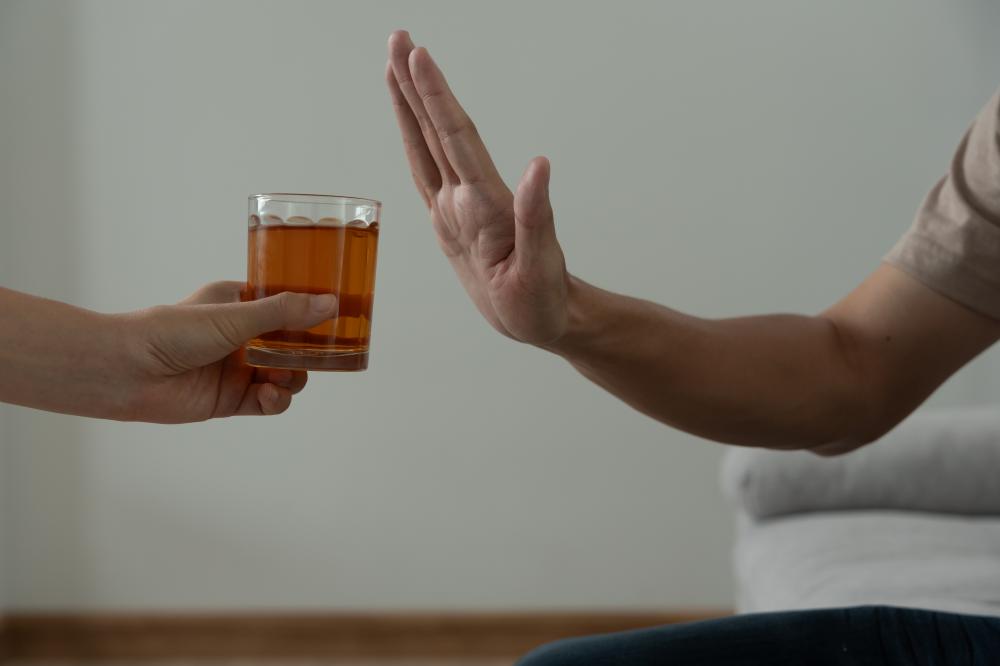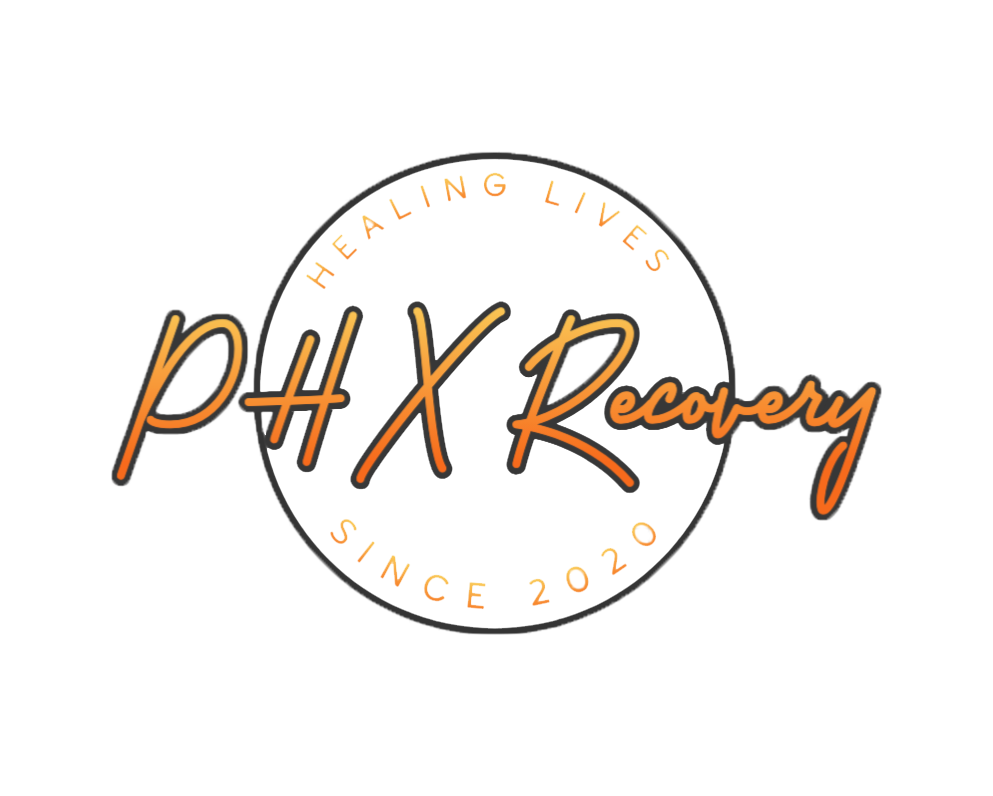
Embarking on the Journey to Recovery
Embarking on the path to recovery from addiction is a profoundly personal experience, marked by unique challenges and triumphs. For those seeking drug rehab Phoenix, understanding the options available can significantly impact the healing journey. It’s crucial to choose a facility that aligns with one’s personal needs and values.
The journey to recovery is not just about abstaining from substance use; it involves rebuilding one’s life and identity. This involves not only physical healing but also addressing emotional and mental health aspects that may have been neglected. Each individual’s path is unique, necessitating a tailored approach to treatment.
In drug rehab, support systems are essential. Family members, friends, and therapists all play pivotal roles in providing encouragement and guidance. Engaging with a robust support network can make the difference in maintaining sobriety and achieving long-term wellness.
The Power of Community in Recovery
Community support is often underestimated in the recovery process. Being a part of a supportive environment where individuals share similar experiences can be incredibly empowering. In Phoenix, numerous support groups and community initiatives aim to foster a sense of belonging and encouragement among those in recovery.
These groups provide a safe space for individuals to express their feelings, share their struggles, and celebrate their wins, no matter how small. This communal experience reduces the feelings of isolation that many face in the throes of addiction. Participants often find solace and strength in each other’s stories and experiences.
At PHX Recovery, the emphasis on community is reflected in their approach, which integrates group therapy and peer support as vital components of their treatment plans. This not only aids in healing but also helps in building lasting relationships that can be pivotal in maintaining sobriety.
Beyond formal support groups, engaging in community activities such as volunteering or participating in local events can also enhance one’s sense of purpose and belonging, further enriching the recovery journey.
Comprehensive Care: Treating the Whole Person
Effective drug rehab Phoenix must address more than just the physical symptoms of addiction. Comprehensive care involves considering the whole person, including their mental, emotional, and social needs. Each aspect of an individual’s life can impact their recovery journey.
Mindfulness practices, yoga, and art therapy are incorporated into many treatment programs to help individuals explore and express emotions in a healthy way. These practices are designed to complement traditional therapy and medication management, fostering a well-rounded approach to recovery.
By addressing the root causes of addiction, rather than merely treating the symptoms, comprehensive care aims to create sustainable change. For instance, therapies that focus on underlying trauma or co-occurring mental health disorders are often crucial in preventing relapse.
The Importance of Personalized Treatment Plans
Personalized treatment plans are a cornerstone of effective drug rehab Phoenix. This approach acknowledges that no two individuals are the same, and thus, their paths to recovery should not be either. Customization ensures that treatment aligns with the individual’s specific circumstances and needs.
PHX Recovery stands out by offering tailored treatment programs that consider the patient’s history, preferences, and goals. This personalized care is crucial in enhancing the effectiveness of treatment and improving outcomes for individuals.
Developing personalized plans involves thorough assessments conducted by experienced professionals who take into account medical history, substance use patterns, and any co-existing psychological conditions. This comprehensive evaluation forms the basis for a targeted approach that addresses specific issues effectively.
By focusing on individual strengths and challenges, personalized treatment fosters a sense of empowerment and ownership over the recovery process, which is essential for long-term success.
Dual Diagnosis: Addressing Mental Health and Addiction
Many individuals seeking drug rehab Phoenix face the challenge of dual diagnosis, where a mental health disorder coexists with addiction. Addressing both issues simultaneously is critical for effective treatment and long-term recovery.
PHX Recovery excels in providing dual diagnosis treatment, recognizing the complex interplay between mental health and substance use disorders. Their integrated approach ensures that both issues are treated with equal importance, promoting comprehensive healing.
The Role of Evidence-Based Therapies
Evidence-based therapies are a backbone of successful drug rehab Phoenix programs. These therapies are grounded in research and have been proven effective in helping individuals overcome addiction. They include cognitive-behavioral therapy (CBT), dialectical behavior therapy (DBT), and motivational interviewing, among others.
Implementing evidence-based practices means that treatment providers are utilizing strategies that have shown to produce measurable and positive outcomes in recovery. These therapies often focus on changing negative thought patterns, improving emotional regulation, and enhancing coping skills.
By using a scientifically-backed approach, individuals in recovery are more likely to achieve lasting sobriety and improved mental health. This commitment to evidence-based care is a hallmark of quality treatment centers like PHX Recovery.
Life After Treatment: Sustaining Recovery
Completing a drug rehab Phoenix program is a significant achievement, but maintaining sobriety requires ongoing effort and support. Aftercare programs are essential for helping individuals transition back into daily life while managing potential triggers and stressors.
PHX Recovery provides robust aftercare support, including relapse prevention strategies, ongoing therapy, and peer support groups. These resources are vital in helping individuals maintain the progress they’ve made during treatment and continue to grow.
Building a fulfilling life in recovery involves establishing new routines and habits that support sobriety. This might include engaging in community activities, pursuing new hobbies, and building a supportive network of friends and family.
Navigating Access to Treatment
Accessing drug rehab Phoenix can sometimes be daunting due to financial and logistical barriers. Understanding the variety of options available is crucial for making informed decisions about treatment.
PHX Recovery is committed to making treatment accessible to as many people as possible. Their team works closely with individuals to explore funding options, such as insurance coverage and financial assistance programs, to ease the burden of cost.
Implementing Relapse Prevention Strategies
Relapse is a common challenge on the road to recovery, but with effective strategies, it can be prevented. Drug rehab Phoenix programs emphasize the importance of equipping individuals with tools to manage cravings and navigate potential setbacks.
PHX Recovery’s relapse prevention plans are tailored to each individual, focusing on identifying triggers, developing healthy coping mechanisms, and creating action plans for high-risk situations. This proactive approach helps individuals feel prepared and supported in maintaining their recovery.
Embracing Holistic Approaches in Treatment
Holistic approaches in drug rehab Phoenix focus on treating the entire individual, not just the symptoms of addiction. This perspective recognizes that physical, emotional, and spiritual well-being are interconnected and essential for recovery.
Yoga, meditation, and nutritional counseling are often part of holistic treatment plans, promoting overall health and balance. These activities complement traditional therapy by reducing stress, improving physical health, and enhancing mental clarity.
- Yoga and meditation to foster mindfulness and stress reduction.
- Nutritional counseling to support physical health and recovery.
- Art and music therapy to encourage self-expression and emotional exploration.
Compassionate Care with PHX Recovery
Compassion is at the heart of PHX Recovery’s approach to drug rehab Phoenix. Their dedicated team prioritizes empathetic and respectful care, ensuring that every individual feels understood and valued.
This compassionate care extends beyond clinical treatment to include emotional support and encouragement throughout the recovery journey. By fostering a nurturing environment, PHX Recovery helps individuals feel safe and empowered to overcome their challenges and achieve lasting recovery.

How many days do you get in rehab?
The duration of a stay in rehab can vary greatly depending on individual needs and the specific treatment program. At PHX Recovery, we offer a range of program lengths to accommodate different recovery journeys. Typically, rehab programs can last from 30 to 90 days, though some individuals may benefit from extended care. The key is to find a duration that allows enough time for comprehensive healing and skill-building to maintain sobriety. It might be helpful to consider asking yourself: what level of support do I need to ensure I can fully focus on my recovery?
What is Crossroads in AZ?
Crossroads in Arizona is a nonprofit organization that provides a comprehensive array of residential recovery programs for men and women dealing with substance use disorders. Their services often include counseling, life skills training, and group therapy, all aimed at helping individuals reintegrate into society as productive and healthy members. Programs like those offered by Crossroads are vital in creating a supportive network for individuals in recovery. Consider exploring various programs to find one that aligns with your personal values and recovery goals.
What is the TV show about drug rehab?
“Intervention” is a well-known television series that documents the journeys of individuals struggling with addiction, including the intervention process and subsequent attempts at rehab. The show offers raw insights into the addiction struggles families face and underscores the importance of professional intervention. While it provides a dramatic portrayal, it’s important to remember that each individual’s experience with rehab is unique and personalized. Watching such programs can prompt a deeper discussion about the realities of addiction and the critical role of compassion and support in recovery.
How does community support influence recovery?
Community support plays a pivotal role in the recovery journey. At PHX Recovery, we emphasize the importance of a robust support network, recognizing that shared experiences can lead to empowerment and sustained sobriety. Engaging in community support groups, peer-help initiatives, and group therapy sessions helps reduce feelings of isolation, provides a sense of belonging, and offers a platform for sharing victories and challenges. Have you considered how different aspects of community support might integrate into your recovery plan, and how they could benefit your personal journey?
What makes personalized treatment plans effective?
Personalized treatment plans are crucial because they cater to the unique needs of each individual. At PHX Recovery, we tailor our treatment programs to consider each person’s history, preferences, and goals, ensuring a more targeted and effective healing process. For instance, some may benefit more from cognitive-behavioral therapy, while others might find art therapy or mindfulness practices more impactful. Personalization fosters a sense of empowerment and ownership, critical for long-term recovery success. Reflect on your unique needs and strengths–how might a personalized plan best support your recovery?
Why are evidence-based therapies important in rehab?
Evidence-based therapies are integral because they are grounded in research and have proven effective in treating addiction. At PHX Recovery, our use of therapies like cognitive-behavioral therapy and motivational interviewing ensures that patients receive treatment strategies with a track record of success. These therapies focus on altering negative thought patterns and enhancing coping skills, which are essential for maintaining sobriety. By embracing evidence-based methods, individuals increase their chances of a successful and lasting recovery. How might these therapies be integrated into your recovery journey, and what benefits can they potentially offer?
Resources
- Substance Abuse and Mental Health Services Administration (SAMHSA) – SAMHSA is a government organization dedicated to reducing the impact of substance abuse and mental illness on America’s communities.
- National Alliance on Mental Illness (NAMI) – NAMI is a grassroots mental health organization dedicated to building better lives for those affected by mental illness.
- National Institute on Drug Abuse (NIDA) – NIDA is a government organization focused on advancing addiction science and providing resources for individuals struggling with drug abuse.
- American Psychiatric Association (APA) – APA is a professional organization representing psychiatrists in the United States, providing information and resources on mental health.
- National Association for Alcoholism and Drug Abuse Counselors (NAADAC) – NAADAC is a professional association for addiction counselors, providing education and resources for those in the field.












